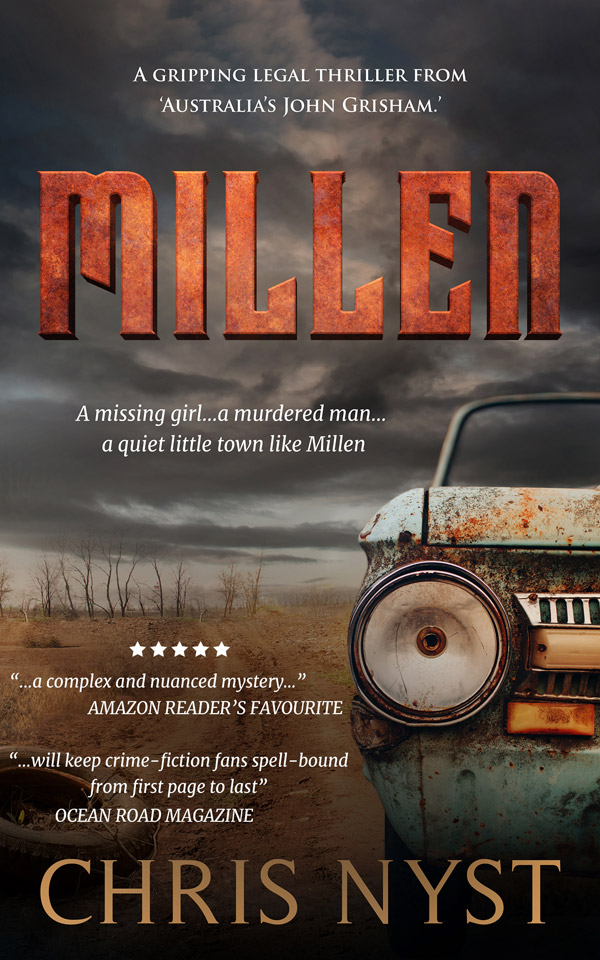For many the recent retrospective by Brisbane’s Courier Mail newspaper, celebrating the 30 year anniversary of the game-changing Fitzgerald Commission of Inquiry into Police Corruption in Queensland, will have brought back memories of more robust times. Between 1987 and 1989 the inquiry, presided over by Tony Fitzgerald, then a razor-sharp and highly regarded Brisbane barrister, systematically uncovered and dismantled an entrenched culture of police corruption that led all the way to the top.
It was a busy time for lawyers. Like many of my colleagues I found myself regularly appearing at the Fitzgerald Inquiry throughout its two-year public sittings, to represent various SP bookies, punters, pollies and police called to give evidence. But, more unusually, I also had the rather dubious distinction of appearing at the inquiry as a witness to give evidence.
It all started with the Gold Coast arrest of one Hector Hapeta, the notorious former Sydney doorman who became known as the king of Brisbane prostitution. Fitzgerald investigators had been told Hapeta was paying more than $1 million a year in protection payments to police and he was a key target of the inquiry. One of his close associates was an erstwhile client of mine, himself a former Melbourne bouncer known as Ronnie Royale. Like Hector, Ronnie was a big man with a big personality and, when an indemnified informant, whom I’ll refer to as Mr V for the sake of discretion, claimed he had direct knowledge of Hector and Ronnie trafficking heroin, Fitzgerald investigators figured they’d hit pay-dirt.
Police attached to the Inquiry arrested both men on the Gold Coast and took them back to the Broadbeach Police Station after hours for questioning. Naturally, Ronnie Royale was quick to call for his lawyer but, as fate would have it, at that very moment I was enjoying a skiing holiday at Mt Hotham with my family. So one of my business partners, who practised predominantly in the area of compensation litigation, and rarely if ever set foot inside a police station, agreed to hold the fort on my behalf. When he arrived at the police station, the detectives ushered him into a closed interview room where they were holding Royale, and it didn’t take him long to get Ronnie’s firm instructions that he wasn’t interested in saying ‘nuttin about nuttin’ to the police.
But Ronnie asked if he would look in on Mr Hapeta, who was in the next interview room, to ensure his rights were being protected. So my partner obliged, and after a short visit next door, returned to speak to Royale, only to find his interview room was now empty. Outraged at the prospect that police had spirited him away to deny him access to his lawyer, my colleague complained bitterly to the station duty sergeant. After some inquiry, some further delay, considerable confusion, eventually a pinch of panic and perhaps a little bit of embarrassment, it was ultimately deduced that after the lawyer had left him, the resourceful Ronnie Royale had elected to take steps about his problem, and had calmly walked out of the room, past the front desk of the police station, out through the front door and into the night.
It was several months before he eventually surrendered himself into custody. In the meantime Mr Fitzgerald announced Mr V was to give evidence against my client at the Inquiry. So one day I got a clandestine phone call from the fugitive Royale, instructing me to appear on his behalf at the Inquiry to cross-examine the indemnified witness.
I appeared before the deputy commissioner Patsy Wolfe, who would later become Chief Judge of the District Court. When I announced my appearance on behalf of the phantom Royale she replied, as best I recall it, “Before I grant you leave to appear, I’m going to ask you where your client is, and you should know, if I’m not satisfied with your answer I may put you in the witness box and have you repeat it under oath.” Being young and feisty, I took considerable objection to the implication I might be inclined to lie to the Inquiry, so I responded indignantly to the effect “Then call me right now, because anything I say to you I would be more than happy to say under oath.”
The deputy promptly accepted my invitation, and I soon found myself in the witness box being questioned by Mr Robert Needham, the QC assisting the Inquiry.
“Where is your client?” he asked.
“I have no idea,” I truthfully replied, “But even if I did know, I wouldn’t tell you, because it would be a privileged lawyer-client communication, and I would not be entitled to disclose it.”
There was outrage of course, debate back and forth between Bob Needham and me on the bounds of legal professional privilege, much consternation and wringing of hands, and eventual agreement to simply disagree. Leave was duly granted, whereupon I promptly cross-examined Mr V on behalf of my entirely absent client.
They were robust times indeed.
You can view the above article first published in the February/March 2017 Gold Coast Magazine.











